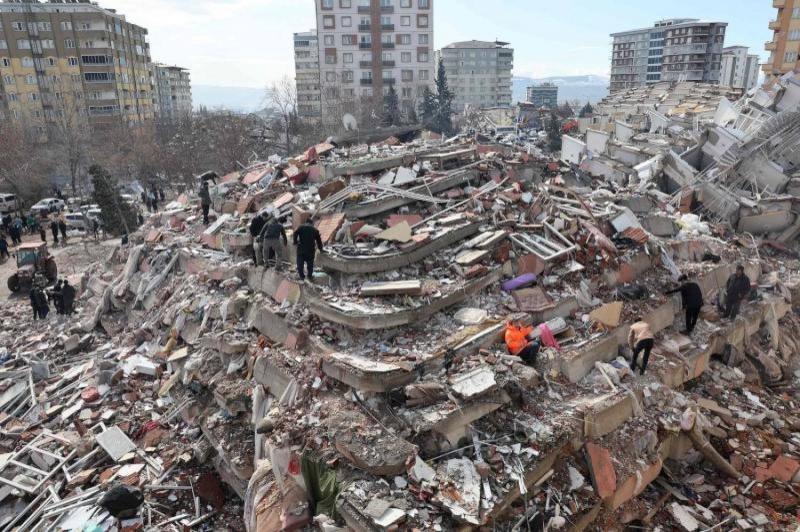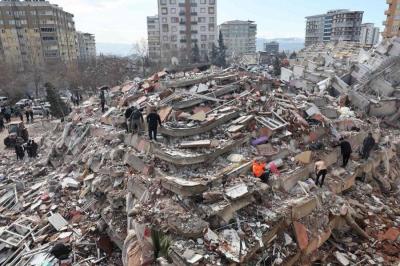Many in a Turkish camp designated for earthquake survivors complain about the lack of electricity, water shortages, unequal distribution of aid, and soaring living costs. Despite this, many remain staunch supporters of President Recep Tayyip Erdoğan ahead of the general elections, with some stating, "If Erdoğan wins the elections, there will be a solution to these issues. But if he does not win, woe to these people." Interviews conducted by Reuters with dozens of voters in Antakya revealed a sense of anger at what some viewed as the government's slow initial response to the disaster. However, few provided evidence that this issue significantly changed opinions about voting in the presidential and parliamentary elections.
Nevertheless, these views align with findings from some poll organizers and academics who say that "the disaster has heightened the already polarized views between supporters of Erdoğan and his ruling Justice and Development Party (AKP) and those opposed to them." Özer Sancar, director of the Metropol polling center, reported that "support levels for the AKP have returned to pre-earthquake levels in April, around 40%, after a drop to below 33% in February." He noted that "4.3% of voters express growing concern for the economy, which is suffering from rampant inflation."
Polls indicate that "the elections will be highly competitive, with the possibility of a runoff occurring two weeks after the presidential elections between Erdoğan and his opponent, İnce." As enthusiasm for participation in the elections wanes, there is a noticeable lack of campaign noise, in contrast to previous elections, but parties continue to rally in the city of Antakya and surrounding areas, where there are 350,000 voters.
Each of the competing sides in the election presents vastly different narratives about Erdoğan and his government's response to the disaster. In this context, AKP deputy Abdul Kadir Özel told Reuters that "people gather to listen to him outside a mosque in a village in northern Antakya, believing that 'there is a strong basis of trust that their president can fulfill his promises.'"
This outlook is different for Kerim Nalbant, a candidate from the Kurdish party, who was delivering a speech to dozens of people. He stated, "The basic view is that the government of the AKP and the Nationalist Movement Party has left us in ruins. They did not act in time to save the people. This has led to increasing anger."
On the eastern side of the Orontes River in the historic region of Antakya, poet Hikmet Güzil had a contrasting opinion, asserting that "voters will hold officials accountable for their failure to respond to the disaster at the ballot box." He emphasized, "The government has been in power for 21 years. They left us alone. If we are living in a time when people say there’s no one to lend a helping hand, it’s time for change and to try new politicians."
The only point of agreement among most individuals in Antakya is that elections are not their top priority, and survival is their most urgent issue.




